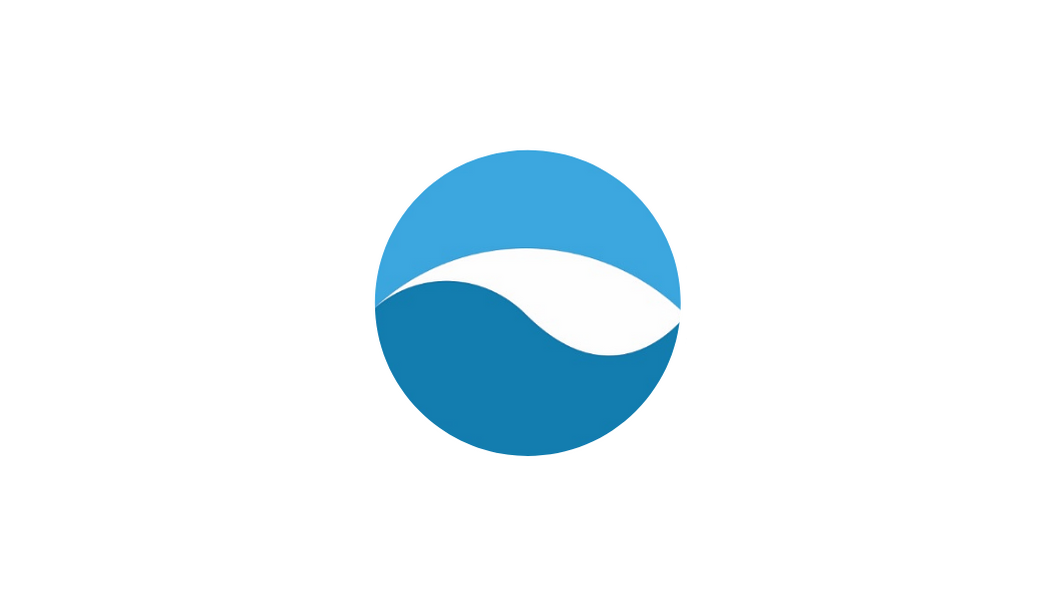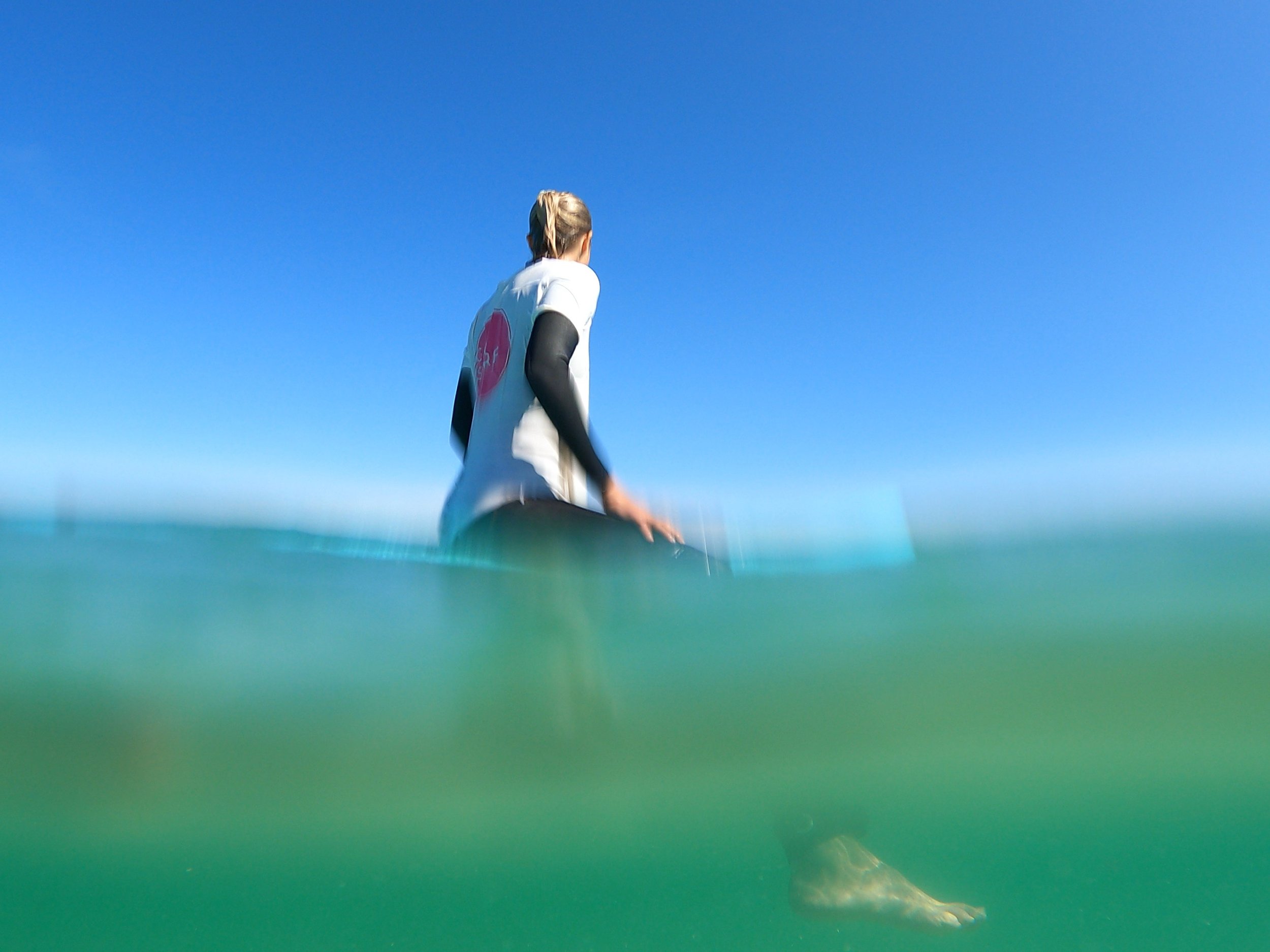How long does it take to learn to surf? This is a question that many beginner surfers ask when they're considering taking up this epic pastime.
The answer, of course, depends on a number of factors including prior board sport experience, whether or not you've taken surf lessons and how often you practice.
Taking this into consideration, the only hard and fast rule when it comes to your learn-to-surf timeframe is that it varies significantly from person to person. But to give you a rough idea of how long it takes to learn to surf, we've put together this handy guide.
Check it out if you're considering surf lessons in Perth or reach out to book a surf session today.
How do I define "surfing"?
To be clear, how long it takes to learn to surf will also depend on what you consider "surfing".
You might be happy simply paddling around on a surfboard, while others will define surfing as catching and riding a wave to completion. Professionals, on the other hand, would say that surfing also includes performing tricks on a wave.
For the sake of this article, we'll break down the different stages of your learn-to-surf journey and show you how long it takes to reach each one.
Surfer on her very first wave: requiring more technical advice.
Surfer who has had 10 surf lessons now trimming across green waves
Which factors influence my learn-to-surf journey?
Before we launch into the different learn-to-surf stages and how long it takes to tick them off, it's important to note that everyone's journey will be different.
As we mentioned before, a number of factors can influence your learn-to-surf timeline including:
If you surf regularly
The type of surf school instruction you receive
Whether you have previous experience with boardsports
How quickly you grasp new concepts
How motivated you are to learn
The quality of the equipment you learn on
Where you learn to surf (beach break, point break, reef etc.)
All of these factors can either speed up or slow down your journey to becoming a certified surf ninja. But note that fitness level isn't listed.
The reason for this is that we believe anyone can learn to surf regardless of fitness. And while there's no doubt that it helps, the biggest advantage you have when learning to surf is the right mindset in combination with a surf lesson (or two).
Is it possible to shorten my surfing learning curve?
Ahhh... already looking for a shortcut, hey?
Well, we don't blame you. And while we don't encourage you to cut corners, there are a few things you can do to make the learning process a little easier and a little faster. Here are our top tips:
Choose the right surf school: Look for a surf school with a good reputation and progressive lessons. Also, make sure the instructors have plenty of experience and are qualified to teach surfing
Have realistic expectations: Learning to surf takes time and patience. It's important to go into it with the right mindset and not expect to be shredding waves like an experienced surfer on your first try
Listen to your instructor: Your instructor is there to help you progress and will give you specific instructions on what you need to do. It's important that you listen carefully and follow their directions
Practice, practice, practice: The more you surf, the better you'll become at it. Make sure to practice regularly (if possible) and you'll see your skills improve over time
Stay positive: Learning to surf can sometimes be frustrating, but it's important to stay positive and have fun with it. After all, that's what surfing is all about!
When can I expect to become a "good" surfer?
Do you look at more confident surfers and wonder when you'll be shredding just like them?
You're not alone.
Experienced surfer finding the keys to the “green room”.
It's only natural that you want to know how long it will take before you can surf with the best of them. But becoming a "good" surfer is a subjective goal. This means you need to ask yourself what your definition of a "good" surfer is.
For many of our students, becoming a "good" surfer means being able to paddle out into the lineup, catch waves and ride them all the way to the beach. Others might want to be able to do more advanced maneuvers like turns and cutbacks. And still, others might want to be able to surf big waves with other surfers.
Our advice is to define and visualise your idea of a good surfer. Then, once you have a clear picture in your mind, start working towards that goal.
So how long does it take to learn to surf?
So how long does it take to learn to surf?
As we've outlined within this article, everyone's learn-to-surf journey is different. We've seen people stand up on their first wave and others who take a little bit longer. No matter which category you fall in though, the emphasis shouldn't be on learning quickly. Instead, it should be on learning the fundamentals in a safe environment and progressing at your pace - not anyone else's.
In saying that, we've put together the following estimates based on decades of teaching people to surf. And while they do give you a good indication of how long it takes to learn to surf, please remember that they're just estimates.
Standing up on a surfboard - 1 - 2 lessons
Catching a whitewash wave by yourself and standing up - 1 - 3 lessons
Paddling out the back, catching a whitewash wave and riding it to completion - 3 - 5 lessons
Navigating a lineup, catching an unbroken wave and riding it to completion - 5 lessons +
Surfing confidently by yourself - 10 lessons +
So that's it!
If you want to become a confident surfer, catch more waves and learn the rules of surfing etiquette, your best bet is to book a surf lesson. Doing so will ensure your surfing progression accelerates. And with any luck, you'll be catching waves, duck diving and joining your fellow surfers in the best pastime on earth in no time at all!



















